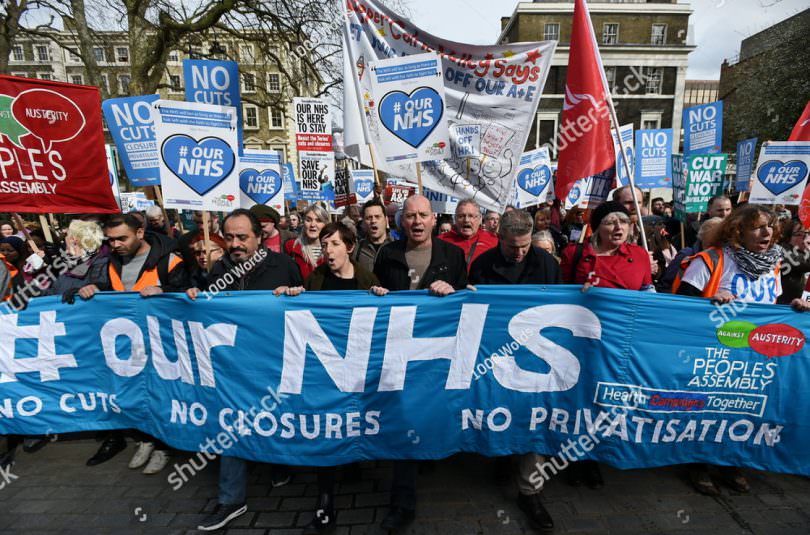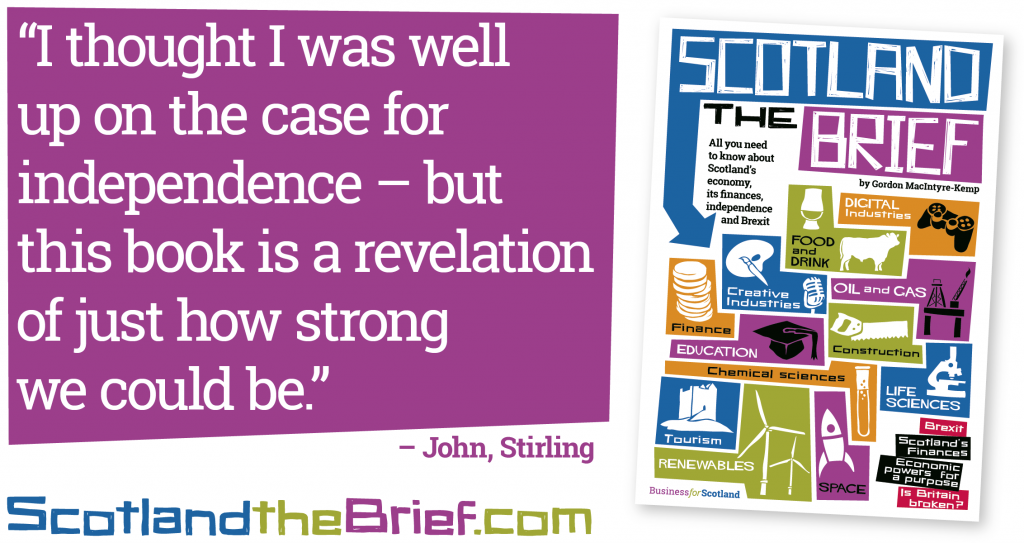The UK has the second highest excess death count (behind the US) and the highest death rate when adjusted for population. Why is one of the world’s richest economies unable to protect its people?
To understand this, I was reminded of my time heading the risk and insurance division in a FTSE100 company, where understanding the root cause of failure was key to fixing a problem. Why stems from a lethal cocktail of austerity, covert NHS privatisation, a strengthening ‘free market’ and a corresponding weakening of government.
At the heart of the problem is a 1977 document written by the Conservative Research Department, which provided that NHS ‘denationalisation should not be a frontal attack, but a policy of preparation for the return to the private sector by stealth’.
In the 1980s, Margaret Thatcher’s Conservative government introduced market-like incentives. By the 1990s, Tony Blair’s Labour government picked up John Major’s Private Finance Initiative (PFI) mantel, where hospitals (and other infrastructure) were built, owned and operated by the private sector. PFI will cost the UK taxpayer an estimated £300bn for projects worth £50bn. This diversion of tax-payers money to private banks via NHS debt was described as ‘a fraud on the people’ by Howard Davies, chairman of RBS.
By 2008, the global financial markets had spun off their axes. In the UK, the financial sector was rewarded for failure with a £500bn public sector bailout and was not reformed, despite the QC tasked with investigating the banks saying the regulator was operating in a world where ‘enforcement against bankers had become virtually impossible’.
With sick irony, the people paid for the bailout. Ten years of austerity and a wholesale assault on public services and social safety nets led to the UK having the fewest hospital beds per capita in Europe. Dr Richard Horton, editor in chief of the Lancet, wrote that “austerity blunted the ambition and commitment of the government to protect its people.”
In 2020, the UK has 15m people living in poverty, 4.5m in deep poverty and 1.5m destitute. This number is exponentially rising. Economist, Paul Mason, describes an ever more complex system of financial instruments, a ‘barely regulated and opaque banking system that amassed $52trn of assets’. The value of these assets is ‘expected profits’ which will now never materialise.
Privatisation continued unabated under David Cameron’s Conservative-Liberal coalition. The Health and Social Care Act removed NHS England’s duty to provide healthcare and made it compete with the private sector. NHS Support Federation research shows that private companies have been awarded NHS contracts valued at £30.3bn.
Despite having a Coronavirus head-start, Johnson’s government stalled. The UK’s emergency response was stood down and Johnson (or Dominic Cummings) flirted with a now denied policy of ‘herd immunity’. Mass gatherings continued in the crucial early weeks with Johnson declaring that Coronavirus not ‘be allowed to segregate the market’. When Johnson eventually tried to mobilise NHS England he was unable to do so. Privatisation by stealth had left his government too weak to respond. Huge swathes were run by private companies answerable to a different ‘god’: the god of the free markets. Their duty was not to Boris, but to market signals and shareholder returns. Covid-19 exposed just how dysfunctional NHS England had become.
George Monbiot draws our attention to a report by ‘We Own It’. This identified four layers of private contractors, fragmented into 11 uncoordinated supply chains, standing between doctors and nurses and lifesaving equipment. Privatisation by stealth had introduced chaotic supply chain complexities, which threw barriers in the way of securing something as basic as PPE. Many people died who should never have died.
The true impact of the unfettered power of the ‘free market’ is demonstrated in a Corporate Europe Observatory report. This sets out how investors are exploring whether they can sue for loss of future profits stemming from emergency responses taken by governments to protect people. Johnson’s own very personal experience with Covid-19 gave him first-hand experience of the importance of a cradle to grave universal service, free at the point of use. You would think he of all people would champion the NHS and unwind the damage caused by privatisation: where 40 years of neoliberal economic orthodoxy had left Westminster powerless to protect its people.
The opposite seems likely. A leaked transcript of US-UK trade discussions suggests that the NHS ‘sell- out’ is a condition of a US trade deal. Our health system could yet mirror the US where 87 million people have no health insurance or are unable to afford insurance co-payments.
The health system that Johnson and his predecessor privateers aspire to is one built for ‘efficiency’ not resilience; where essential services are closed; where clinical needs are not met; where staff conditions are eroded; where profitable medicines are prioritised over cures; where treatments borne out of taxpayer funded research are sold back to the public at hugely inflated prices; and where Donald Trump seeks political capital by withdrawing WHO funding and trying to secure exclusive rights to a vaccine so he can hold the world to ransom.
Noam Chomsky beautifully contrasts the response of wealthy neoliberal countries with that of Cuba. Cuba showed true international solidarity by sending doctors and equipment to beleaguered-health services around the World. The US Department of State pressurised countries to reject Cuba’s help. The reason becomes clear when you look at the bottom of the Cuba Solidarity Campaign website, which reads, ‘Please sign our open letter asking for the US blockade to be lifted to help Cuba fight the coronavirus at home and abroad.’
When the Advisory Group on a post-Covid economic recovery makes its recommendations to Scottish Government, I hope there is recognition that 40-years of neoliberal Westminster Governments took society to the brink, creating a monster with sociopathic traits where people and planet are subordinated to profit.
This form of capitalism is the root cause of our problems, not a part of the solution. Scotland should turn to progressive movements like Progressive International (formed in May 2020) to ‘unite, organise and mobilise’ progressive forces around the world.









